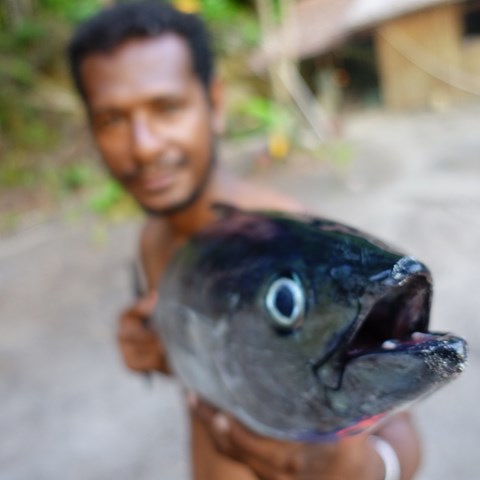Facts:
SLU Global encourage researchers to translate their knowledge into policy briefs to reach out to a wider audience.
A policy brief is a short conclusion about a certain subject which might be of interest to the public.

A new policy brief, Marine and coastal fisheries in a development context, is published in cooperation between SLU Global and SLU Aqua.
SLU Global together with David Lymer and other researchers at SLU Aqua has recently published a policy brief focusing on sustainable fisheries in low-and middle income countries.
"The vast majority of fishers in the world are small-scale fishers, including a large share fisherwomen, in low- and middle-income countries. Their crucial contribution to the protein and micronutrient needs of the human global population is threatened because of overfishing and climate change."
The conclusion extracted from the report highlights that stronger efforts are neccessary, as well as participation of women and local knowledge on a higher level than today.
"Stronger efforts should be made to support low- and middle-income countries to bring the entire management system, including data collection and stock assessment, to a level capable of assuring a sustainable use of the marine resources. A pivotal part of this effort should be capacity devlopment and ensuring participation of women and usage of local knowledge."
SLU Global encourage researchers to translate their knowledge into policy briefs to reach out to a wider audience.
A policy brief is a short conclusion about a certain subject which might be of interest to the public.
David Lymer, Environmental Assessment Specialist
Department of Aquatic Resources, Institute of Freshwater Research, SLU
david.lymer@slu.se, +46 10 478 42 52, +46 76-135 87 41
SLU Global supports SLU's work for global development to contribute to Agenda 2030.
SLU Global
Division of Planning and Research Support
PO Box 7005, SE-750 07 Uppsala
Visiting address: Almas Allé 7
global@slu.se www.slu.se/slu-global
Subscribe to our newsletter and follow us in social media.